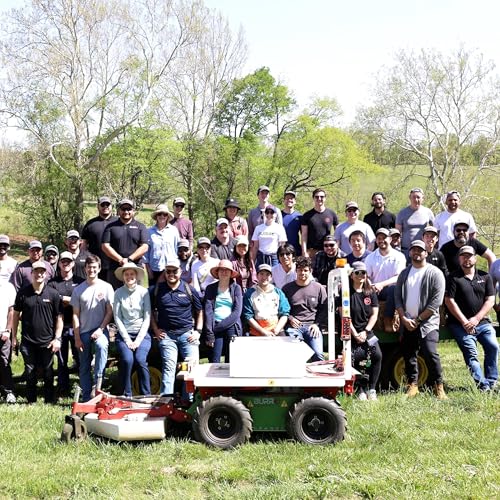Wootzano: https://www.wootzano.com/
Atif Syed on LinkedIn: https://www.linkedin.com/in/syedatif/
Via Atif's LinkedIn post
"I never thought I’d have to write this.
Wootzano, the British robotics company I built from nothing, is at risk of being shut down not because of commercial failure, but because of a procedural trap.
Yesterday, after a petition by Innovate UK Loans Limited (UKRI), the Court issued an order that instantly froze Wootzano’s bank accounts.
That created an impossible situation:
In Scotland, a company cannot speak in court without a solicitor.
A solicitor must lodge our appeal.
But with accounts frozen, we cannot pay a solicitor."
And if we don’t file the appeal by 28 November, liquidation becomes final.
A functioning deep-tech company can be silenced without ever being heard.
This is not how innovation should die.
Wootzano took an £838k Innovate UK Innovation Loan, a government lender, in 2022, a product marketed as patient, flexible capital for high-growth innovators. Flexibility is even built into the contract.
But when our funded subsystem didn’t reach commercialisation, no flexibility was offered, and the matter went straight down the standard debt route.
If this can happen to us, it can happen to any of the 240+ UK companies on this loan programme.
Wootzano is:
🇬🇧 The only British ag-robotics company for post-harvest to ship commercial robots to Japan and various other countries
🤖 Active in 6 countries
🔧 Supporting UK engineers, suppliers, and farmers
📈 Delivering £537m+ worth of contracts
🌍 Representing Britain on global trade missions
💡 Backed by diverse shareholders, from farmers to technologists, who believed the UK could lead in robotics
Losing this to a procedural freeze, not a business failure, will destroy trust in British deep-tech nationally and internationally.
We need to get a solicitor initially to file the appeal before the deadline.
Appeal deadline: 28 November
Every hour matters
Even a share of this post helps.
I have spent years building this with an extraordinary team.
I am not giving up, but right now, the company is legally unable to act without help.
If you believe in fairness, due process, and protecting UK innovation, please support or share this widely.
 34 mins
34 mins Feb 12 202644 mins
Feb 12 202644 mins 33 mins
33 mins 33 mins
33 mins 45 mins
45 mins 43 mins
43 mins 45 mins
45 mins 43 mins
43 mins
